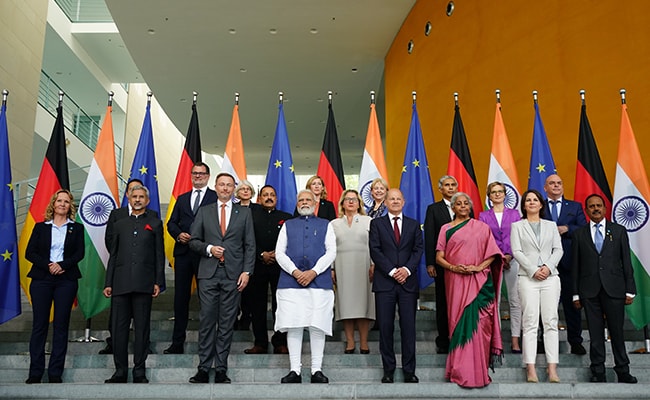
India’s G 20 Presidency : Lessons From The Past And Opportunities For Future

“As we meet together in India at the end of 1983, representing a quarter of the world’s people from every continent and many regions, we have shared both our concerns and our hopes for international security. Despite differences of approach which affect the way we analyse and judge events, it is our perception that relationships between the world’s major military alliances are in danger of becoming more confrontational.”
Extract from Goa Declaration
CHOGM 1983[1]
Introduction
The famous ‘Goa Declaration’ of November 1983 marked the presence of India on the world stage as ‘Chair’ of the Commonwealth Heads of Government Meeting (CHOGM) which witnessed participation of 44 Nations. In March of the same year, India hosted another international event, “the Non-Alignment Movement (NAM) Summit,” with participation of over 120 nations,[ii] which also caught the headlines for the ‘bear hug’ between the then Prime Minister Mrs Indira Gandhi and Cuban President Mr Fidel Castro[iii]. These ‘signature events’ in the same calendar year had put India on the world stage in the then ‘bipolar-cold-war-driven’ global order as India advocated ‘third worldism’ and putting a check on disarmament and nuclear arms race.
Almost 40 years later, in 2023, India, yet again, got the opportunity to be on the world stage, and this time, as ‘Chair’ of the G20, a platform with a much wider spectrum, international outreach, and plethora of challenges. It is a diverse platform, with both USA and Russia as members, unlike the Cold War period when either of the sides would prefer to stay confined to their side of the “iron curtain,” as well as incumbent China, the aspiring superpower in the superblock.
This year, India also happens to be the ‘Chair’ of the eight nation Shanghai Cooperation Organization (SCO), with China, with which it has strained relations due to a series of LAC incursions, more so, since post Galwan in June 2020. Further, India is also the President of BRICS and Chairman of the WTO Executive Board. Such leadership roles in a wide spectrum of international forums, despite ongoing challenges between a few member nations, have put India in good stead, paving the way for a much greater role on the international platform and taking it a step closer to more responsible assignments in a reformed “United Nations,” whenever it happens.
One year as the “Chair of G20” is an extremely short term to leave an impression at the world stage; thus, India needs to use this period to effectively showcase its diplomatic skills and carve out new bonds, stage new platforms, or refine the old ones by learning, unlearning, and relearning from its rich experience of the complex “balance of relations” with both the US and Russia, keeping an eye on China, and holding the hands of its friends and allies.
The article is being published in two parts; Part 1 essentially analyses the historical past of 1983 and how successive events led to India missing out on the golden opportunity to establish its image as a world leader. This part further covers various international forums which India formed part of ~ during the three decades succeeding 1983.
Part 2 of the article will cover various issues related to India’s G20 presidency, especially the challenges faced earlier while being part of such international forums; on how conflicts between the key focus areas of these forums and other global issues messed up their entire purpose. In the end, the article brings out lessons learnt from these international forums and alliances and how India needs to take these lessons to derive maximum results from its one-year stint as G20 president.
Part I : 1983 and 2023 – Strange Diplomatic Co-incidences
Lessons from the Challenges and Opportunities from the Past
“Indian PM – Upar se bharat kaisa dikhta hai?
Sqn Ldr Rakesh Sharma – Saare Jahan Se Acha”
(Famous conversation between the then Prime Minister Indira Gandhi and Sqn Ldr (later Wg Cdr) Rakesh Sharma, Retd from Space Station, Salyut – 7 of April 1984)
The core foreign policy goals of India put forward at the start of India’s G20 leadership are to have more robust multilateralism, prevent great power competition, and toxic nationalism with a view of larger global interests of peace, countering climate change, and managing future pandemics of the magnitude of COVID 19. These have a strange contrast with India’s foreign policy goals of the 1980s of ‘non-alignment’ and support for “third worldism”, more refined forms of present-era “multilateralism”. Secondly, the divided opinion on the ongoing Russia-Ukraine war among G20 member nations too has a contrast with 1983 when CHOGM nations had a divided opinion on US’ invasion of Grenada.[iv] The highlight of these coincidences is India’s stance, which has remained independent and non-aligned, as it did in 1983, but this time it has received a ‘thumbs-up’ from participating nations from both sides. Thus, the motto of ‘one earth-one family-one future’ adopted for the present G20 is an apt reflection of the positive evolution of India’s core ideology, taken from the ancient Maha-Upanishad called “Vasudhaiv Kutumbakam,” meaning “the ‘whole world is one family,” which literally translates into “G20 for all.”
The Takeaways of 1983 : Faded in Cold War & Coalition Politics
- The ‘leadership’ of NAM and CHOGM in 1983 had opened new avenues of global and regional partnerships for India, brought nations closer together, and enhanced India’s global image. The positivity set out by the recently concluded ‘Asian Games 82 and launch of live television broadcast’’, “a Gen-X movie – Disco Dancer,” “victory of Kapil Dev’s cricket team in world cup”, and a host of other achievements by ISRO were all set to make India’s presence felt across the globe. The Ministry of External Affairs (MEA) in their Annual Report of 1982-83[v] has highlighted the efforts made by India both globally as well as regionally as an outcome of the lead role played by it at various international forums. The first ever South Asian Regional Cooperation (SARC) meeting of foreign ministers also took place this year. This paved the way for the establishment of SAARC later in 1985, with the heads of seven member nations coming together at Dhaka. Both, NAM and CHOGM endorsed India’s views on the global setback to détente and the re-emergence of the Cold War atmosphere, especially in the Indian Ocean Region. The said issues were even highlighted by the then-Prime Minister at the UN General Assembly the same year. India also revived its relations with countries like Canada, several Latin American countries, Africa, and Europe. In all, both NAM and CHOGM gave India an ideal springboard to lead the way among the “third-world nations,” an acronym then used for the emerging nations.
- One of the key outcomes of CHOGM ’83 was the establishment of a Commonwealth Fund for Technical Cooperation ((CFTC), earlier proposed way back in 1967 to provide technical assistance to member countries in need.[vi] Another key outcome was the creation of the Commonwealth Eminent Persons Group (EPG), which was tasked with making recommendations for the future of the Commonwealth. The group’s report, published in 1986, proposed several reforms to strengthen the organization’s role in promoting democracy, human rights, and economic development. NAM 1983 led to the establishment of the “South-South Commission“, a term presently known as “Global South” for the developing nations.
- However, the 1983 honeymoon did not last long. Despite enormous efforts, India could not encash upon the initiatives undertaken during the “golden year”, firstly due to the assassination of Mrs Indira Gandhi by terrorists in the very next year, and secondly, the absence of a solid foreign policy directive by the government, despite having more than a three-fourths majority in the Parliament between 1984 and 1989. The aftermath of the IPKF episode in Sri Lanka, the triggering of insurgency and terrorism in Punjab, erstwhile J&K state (now UT of J&K), the North-East, and a plethora of internal issues ensured that the positivity could not last long. To add to the woes, frequent changes in government between 1990 and 1992 put India on the back foot. Though successive governments did take new initiatives, the major one being ‘Gujral Doctrine’ which gave a new insight to India’s foreign policy, such initiatives fell victim to coalition politics and could not result in anything concrete.[vii] An article published in the Economic Times in 2013 adequately highlights the issues and challenges faced by the country between 1989 and 2014 due to internal bickering arising out of coalition politics.[viii] This was the time when the world was adopting the new world order after the end of the cold war, however, coalition politics kept the foreign policy, including new international forums/ alliances, at a low key, which gave adequate space to a nation like China to establish diplomatic ties with India’s immediate neighbours under its nose in the form of ‘String of Pearls’.[ix]
India’s Participation in International Forums : An Analysis
Since it became independent, India has joined several regional and global forums among which UN and NAM are two of the most important. The genesis and further success of these forums depend on the convergence of core ideologies, objectives, and national interests among the member states. It is a known fact that despite numerous international forums and groupings across the globe, including the UN, wars could not be stopped, insurgencies could not be resolved, and terror could not be leashed. Thus, it is imperative to analyse these international forums, especially with regard to India, for their output as well as the ways and means to use these to reach common goals for the overall good of mankind. In this regard, only those international forums in the region that have relevance in the present context are being analysed.
The Relevance of SAARC. As mentioned earlier, the first flash of the idea of SAARC sparked during the Foreign Ministers’ Meeting of seven nations at New Delhi, known as ‘SARC’ in 1983, which erstwhile used to be a foreign secretaries meet. Subsequently, it took almost two years to crystallise and translate into a seven-member regional alliance with the participation of the heads of state of these nations. The participation of India and Pakistan in the same forum despite their closeness to opposite superpowers in the existing world order was the highlight of this alliance and was seen with tremendous positivity. Strangely, this was also the time when Pakistan had started venturing into Siachen Glacier to gain a strategic advantage, which finally got foiled when India physically occupied it in 1984. Since then, SAARC has continued to be seen with suspicion by Pakistan, with a perception of India playing the role of a ‘big brother.’ Thus, in the last 40 years, the SAARC summit has been held only 18 times. The last formal SAARC summit was held in 2014 in Nepal. The next one, i.e., the 2016 summit planned for Islamabad (Pakistan), was boycotted by most member nations in the wake of the Uri Terror attacks. The idea of SAARC was innovative, focussed and looked for regional peace, stability and alleviation of poverty. However, in terms of outputs, the achievements of SAARC have been negligible. It could not play a larger role during Sri Lanka crisis, Kargil conflict or for that matter 26/11. The difference in ideologies, beliefs, and principles among participating nations will always have a bearing on the final outcome of any alliance. The idea of SAARC which germinated during Cold War era needs a revisit in terms of participation, theme and objectives to stay relevant to the present-day needs.
India’s Association with SCO. The SCO, initially formed as ‘Shanghai Five’ by the efforts of China and Russia, was a regional group consisting of the three breakaway nations from the erstwhile USSR, which shared the similar ideology as Russia and China. The aim was to boost regional cooperation, especially in terms of security, to avoid the intrusion of another nation/ alliance having a different ideology.[x],. Post 9/11, it was transformed and renamed as SCO with the addition of Uzbekistan and realigned its focus on terrorism, separatism, and extremism. India was initially added as an observer in 2005; however, it became a full member after 12 years in June 2017 along with Pakistan. SCO is a potential platform for India’s “Connect Central Asia” policy, however, apart from participation in a couple of joint counterterrorism exercises, SCO too has been unable to build a solid regional platform. The recent SCO summits have had multilateral agendas, including prevention of illegal drug trafficking, and cooperation in information technology, the environment, healthcare, and sports. China did propose to establish the SCO Bank as well as the Free Trade Agreement, but these have not found many takers considering the results of Chinese debt diplomacy. Russia, in fact, has separately formed the Eurasian Economic Union (EAEU), which has already signed a trade and economic agreement with China. Thus, SCO is practically a platform to reach out to the CAR nations and establish independent ties with these nations. Recently, India has taken over the presidency of the SCO in September 2023 from Uzbekistan, which allows India to progress its ties with other Eurasian nations.[xi] It is therefore imperative for India to encash this opportunity to gain access to the energy rich Central Asian region.
Other Strategic Forums. In addition to the above, India is part of QUAD with the US, Japan, and Australia with the singular aim of countering China. Within the region, India is part of a few more organizations, namely, BIMSTEC and ‘ASEAN plus six’ wherein it looks forward to enhancing its Southeast Asian connectivity. At the intercontinental level, India has alliances with the African Union that are bilateral in nature; however, it has yet to take the next step and form a regional alliance. In addition, India is part of BRICS with Brazil, Russia, China and South Africa(initially BRIC), having similarities with the SCO, however, this too has remained at a low key due to ongoing strains in India – China relations.
The Takeaways from International Forums/ Groups
International Forums can improve both – deterrence and detente by signalling the allies’ shared interests to other states (including each other) and shaping the allies’ interest in supporting one another through commitment. This, for India, becomes a diplomatic success due to its presence in common forums with the USA, Russia, and China. Secondly, and most importantly, most international forums are formed with a primary charter or focus area, which may be economics or security, climate and environment, science, and technology, etc.; however, as they grow, they tend to expand into multifarious domains, which at times forces them to lose focus. This loss of focus is either due to the inclusion of more nations or to a new, yet contentious agenda sponsored by one or more of the powerful members of the group. BRICS and the G20 were both primarily economic forums; SAARC is primarily a regional group of South Asian nations that was formed to focus on poverty and trade exchange in South Asia. However, the expanding domains of these regional, sub-regional, and global forums into other domains to suit a country specific agenda kills the momentum of diplomatic exchanges and leaves the solutions for yet another day.
Challenges Faced by International Forums/ Groups. In the recent past, India has played its diplomatic cards with caution, and ensured that its core strengths of non-alignment, peace, disarmament, and counter-terrorism are not compromised. While this stance has worked well with bilateral ties, it has limited options with various international forums. India’s repeated attempts to declare certain individuals and groups as terrorists have been vetoed by China, and its attempts to address climate change have met with immense resistance from developed nations. Hence, there is a need to analyse the challenges faced by various Forums and identify the ways to alleviate them. The same are discussed as under:-
-
- Differences in Core Ideology. One of the challenges faced by international forums is the lack of ‘like-mindedness’ among members. If even one member has a different view or ideology than the agenda set by the group, it will upset and compromise the agenda(s) of the entire alliance. For example, Pakistan always tries to raise the Kashmir issue in every international forum, thereby deflecting the issue of terrorism from the entire alliance and seriously compromising its own domestic issues concerning its economy and poverty alleviation.
- Wide Spectrum of Agendas. Usually, international forums/ groups are formed around a set of common issues. However, as they grow, they tend to expand these agendas and, in the bargain, lose sight of the core issues.
- Increase in number of members with varied views/ ideologies on key issues.
- Political Stability at Home. Any nation’s foreign policy is driven by the internal dynamics of its member nations. A nation with political instability (aka “coalition dynamics”) may tend to compromise on its foreign policy and the nature of its bilateral ties.
To be continued……..
*********************************************************************************************************************
1. “Goa Declaration on International Security, 1983,” Commonwealth, accessed February 21, 2023, https://thecommonwealth.org/goa-declaration-international-security-1983.
2. Smriti Sawkar, “Champion of the Third World: Indira Gandhi and the Spectacle of the 1983 NAM Summit,” Commonwealth & Comparative Politics 60, no. 4 (October 2, 2022): 357–77, https://doi.org/10.1080/14662043.2022.2142400.
3. “Fidel Castro Dead: When Fidel Castro Embraced Indira Gandhi in a Huge Bear Hug | India News – Times of India,” accessed February 21, 2023, https://timesofindia.indiatimes.com/india/when-fidel-castro-embraced-indira-gandhi-in-a-huge-bear-hug/articleshow/55634522.cms.
4. “How the US Invasion of Grenada Curtailed Communism & Saved Students,” accessed February 22, 2023, https://www.thecollector.com/the-american-us-invasion-of-grenada/.
5. “Annual Reports Prior to 1999 : Annual Report 1983-84,” accessed February 22, 2023, https://mealib.nic.in/?2512?000.
[vi] “From the Archive: The Birth of the Commonwealth Fund for Technical Co-Operation,” Commonwealth, accessed March 2, 2023, https://thecommonwealth.org/news/archive-birth-commonwealth-fund-technical-co-operation.
7. “Full Article: Coalition Politics and the Making of Indian Foreign Policy: A New Research Program,” accessed February 22, 2023, https://www.tandfonline.com/doi/full/10.1080/14736489.2019.1703367.
[viii] “India’s Foreign Policy: A Coalition Politics’ Puppet? – The Economic Times,” accessed February 22, 2023, https://economictimes.indiatimes.com/news/politics-and-nation/indias-foreign-policy-a-coalition-politics-puppet/articleshow/19485127.cms?from=mdr.
9. “India’s Foreign Policy: A Coalition Politics’ Puppet? – The Economic Times.”
10. “Shanghai Cooperation Organisation / Republic of Türkiye Ministry of Foreign Affairs,” accessed February 23, 2023, https://www.mfa.gov.tr/shanghai-cooperation-organization.en.mfa.
11. “India Takes over as Chair of Shanghai Cooperation Organisation,” India Today, accessed February 22, 2023, https://www.indiatoday.in/india/story/india-takes-over-as-chair-of-shanghai-cooperation-organisation-2001209-2022-09-16.
Disclaimer
The opinions expressed in this article are the author’s own and do not reflect the views of Chanakya Forum. All information provided in this article including timeliness, completeness, accuracy, suitability or validity of information referenced therein, is the sole responsibility of the author. www.chanakyaforum.com does not assume any responsibility for the same.
Chanakya Forum is now on . Click here to join our channel (@ChanakyaForum) and stay updated with the latest headlines and articles.
Important
We work round the clock to bring you the finest articles and updates from around the world. There is a team that works tirelessly to ensure that you have a seamless reading experience. But all this costs money. Please support us so that we keep doing what we do best. Happy Reading
Support Us



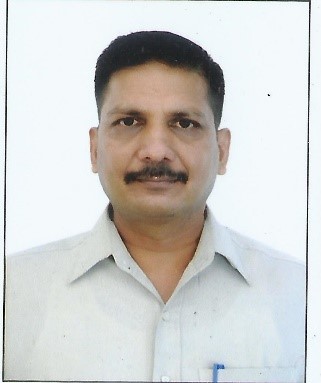

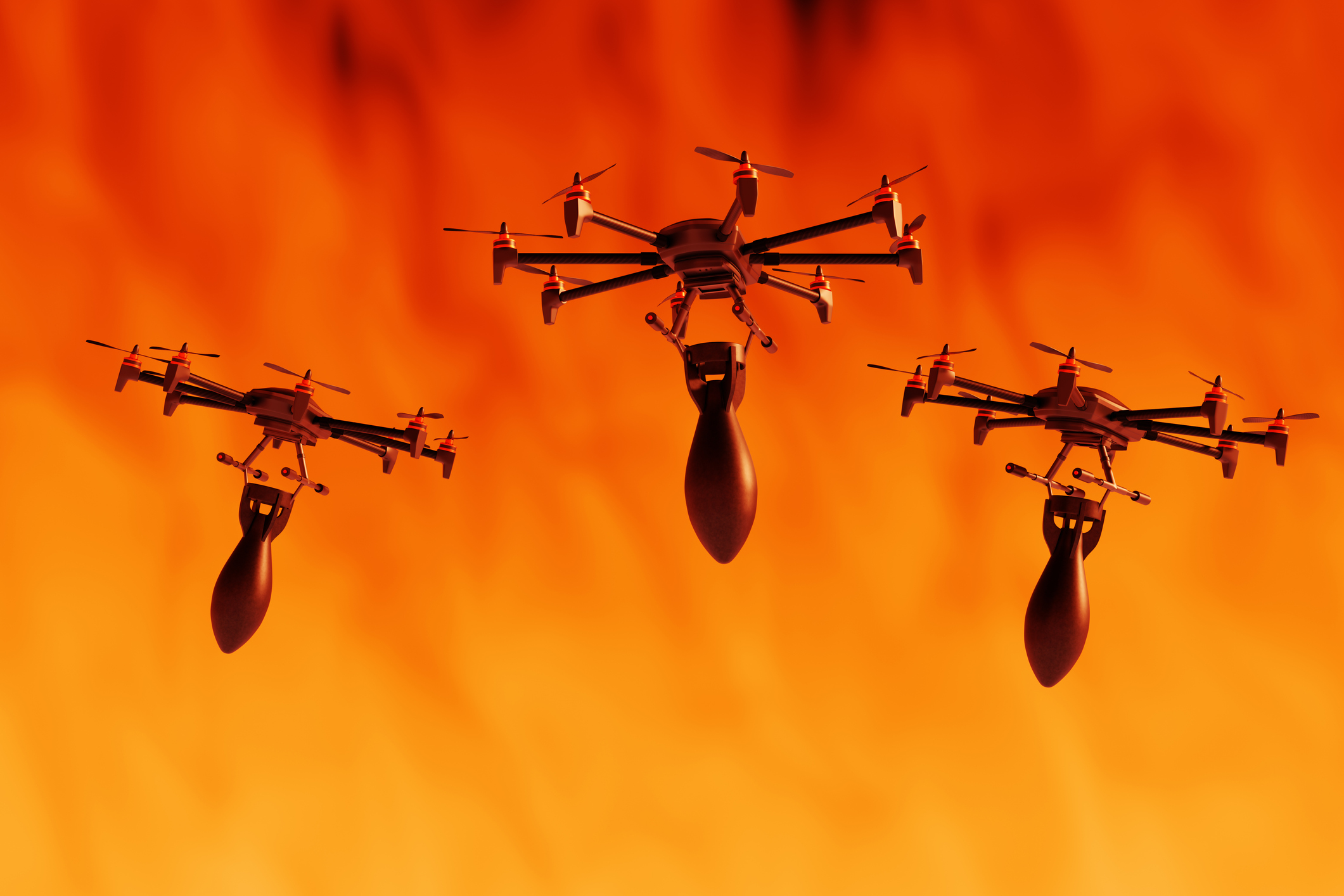


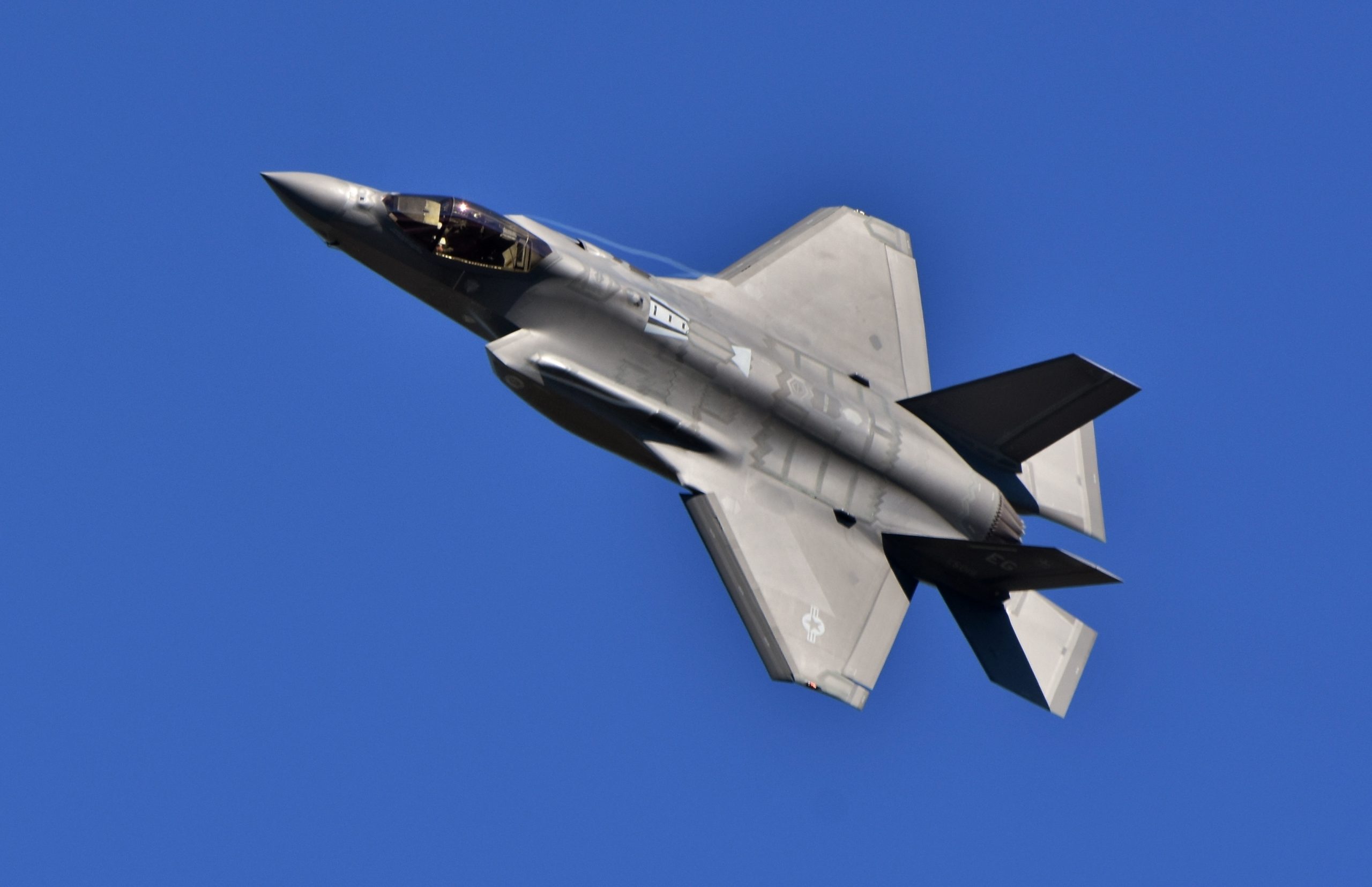
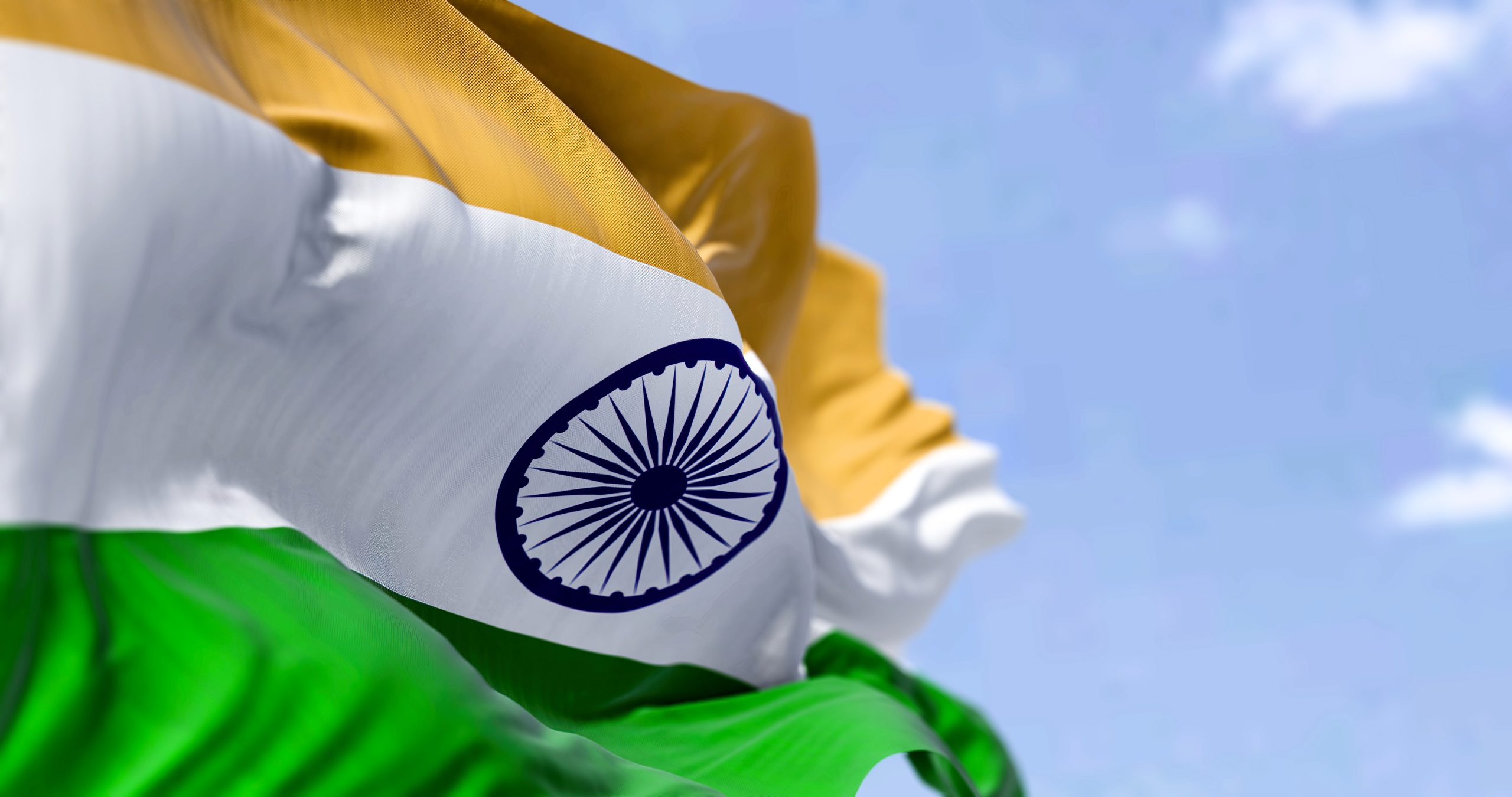
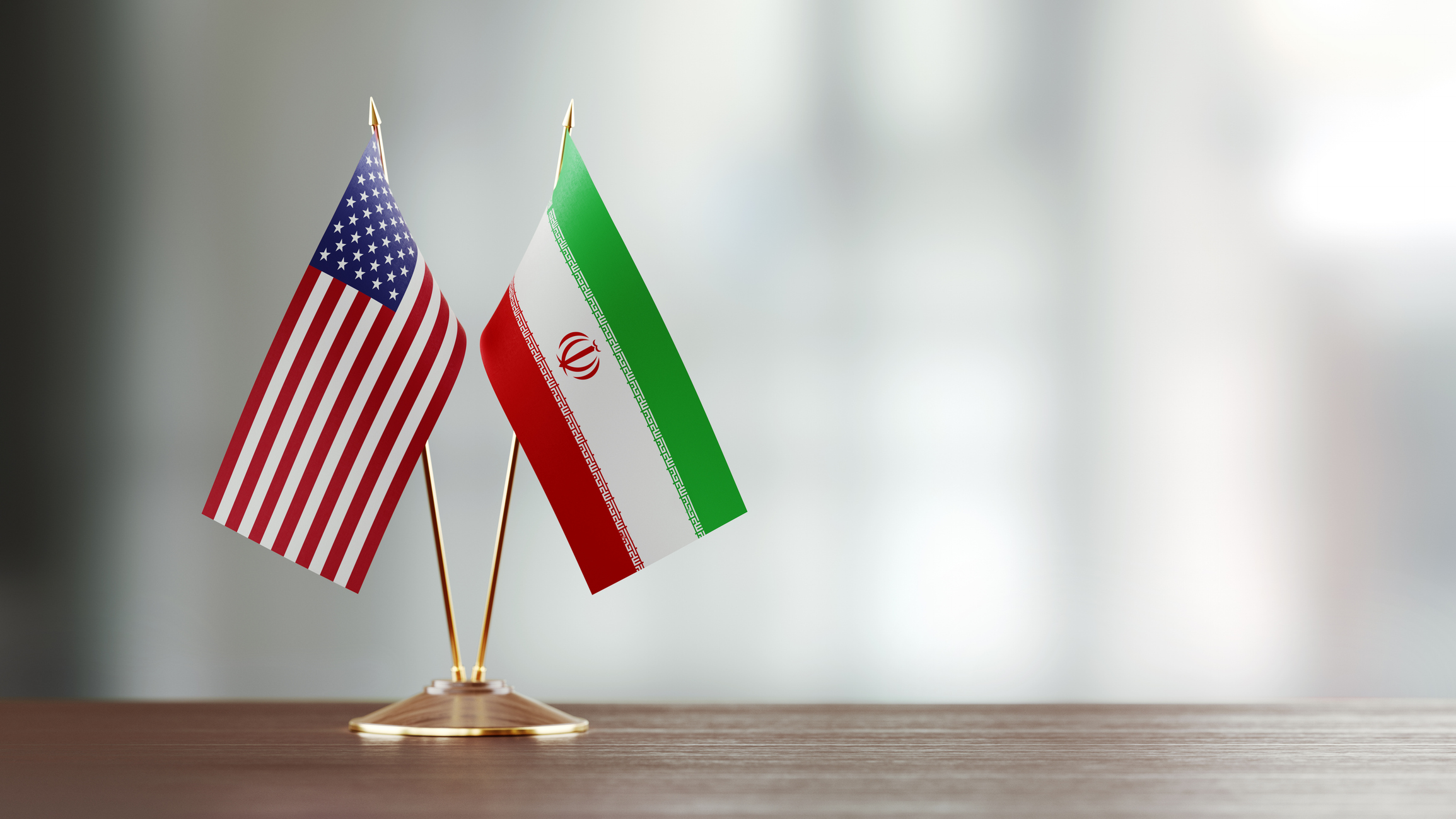
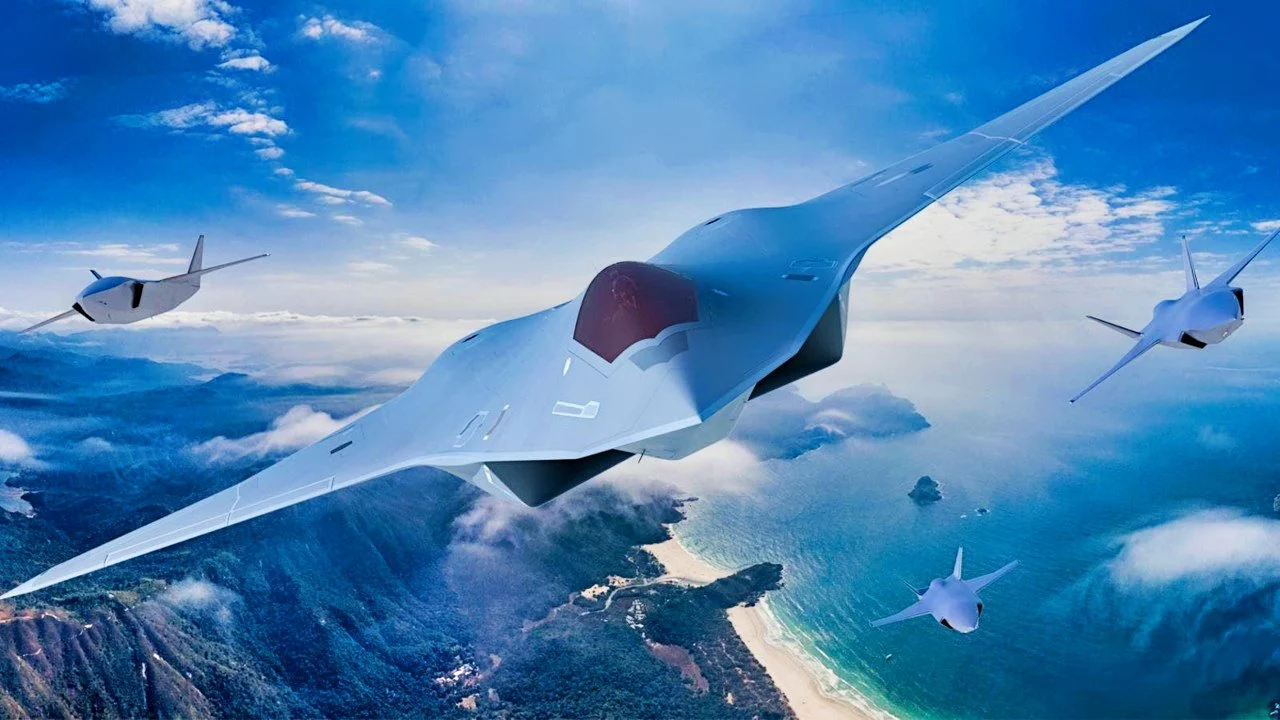
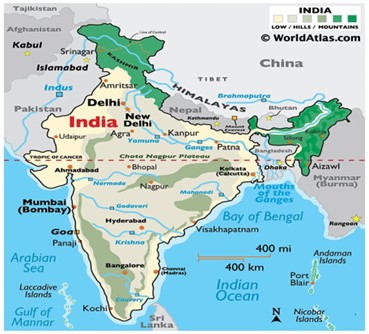








POST COMMENTS (0)